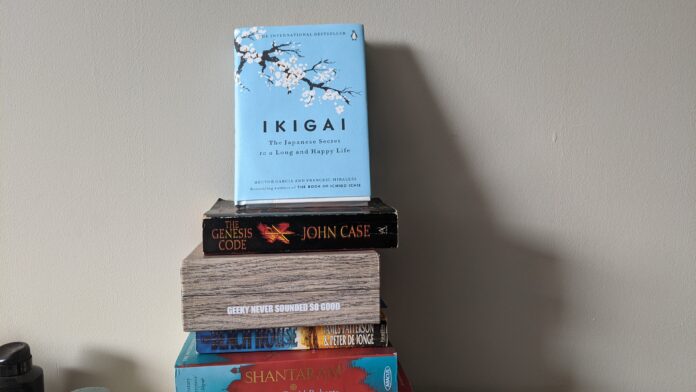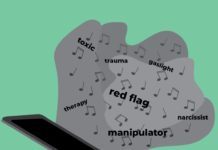After spending a couple years in Waterloo studying at UW, I have realized that the environment and the overall atmosphere of the town greatly impacts my personality, the way I think, and my attitude towards things in general. Undoubtedly, every program at UW has its own challenges, and the difficulty of courses only increases as one progresses through university. Adding to this rising difficulty is the fact that classes have now been moved online, making things harder for students in a myriad of ways—it just isn’t the same as in-person education and will take some effort from students to get accustomed to.
Recently, I felt like life was getting a bit more challenging due to aforementioned factors. I began digging into myself and figuring out ways to expand my knowledge of philosophies and ways of life—consequently, I began reading a lot of books, one of which really caught my eye—Ikigai. The book is primarily concerned with ideas on how to live a long and happy life, however, I believe that certain parts of this book gave me a lot of insight on how to deal with the challenges I will face, academically, professionally, or otherwise, with a sturdy rationale. For this reason, I believe it is relevant, to some extent, for students at UW.
The word ‘Ikigai,’ roughly translated from Japanese, means ‘reason to be.’ It captures the idea of having something in your life that gets one out of bed early everyday, and something one can always pursue , no matter what might be going on with one’s life . The process of finding one’s Ikigai could be an arduous one , but it will inevitably be found, and it could change from time to time as well—many aspects of this are covered broadly in the book.
Another insightful part of the book talks about the idea of flow, which entails completely immersing oneself in the task at hand, without worrying about anything else going on around them. Naturally, such a state of mind breeds creativity, productivity, pleasure, and satisfaction. Being in university, having a state of mind akin to this is greatly beneficial to learning and the retention of knowledge. Having an unrestricted creative space for the brain to operate in brings forth opportunities for innovation. It has helped me gain a deeper understanding of many things and how they complement one another in the world. According to the book, training the mind to constantly operate in flow has a lot of mental health benefits, which include a minimization of anxiety and other detractors. For students at UW, I think it could be extremely beneficial to get used to flowing with every task at hand, since it is not uncommon that many experience anxiety and dejection in the face of certain massive course-loads; it has certainly helped me develop a new outlook on things which makes me feel more in control of everything that happens to me.
Apart from this, the book details dietary practices and other lifestyle modifications based on East Asian knowledge that can help achieve flow easily and further help with slowing down the process of aging—something that stress catalyzes rapidly. Overall, I think I got a lot out of the book, which has definitely brought my mind to a peace and made me more productive, without worrying about my courses or anything else for that matter. That said, I strongly recommend this book to everyone (at least certain parts of it); and, hopefully, you will be able to take something constructive from the book and incorporate it in whatever way seems meaningful to you.































